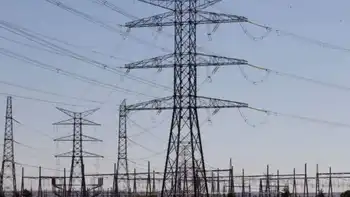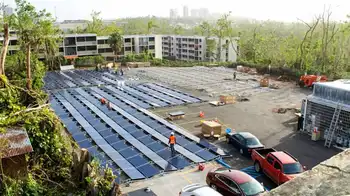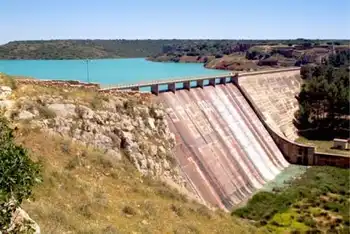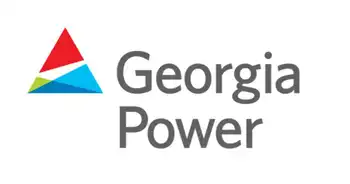Duke-Progress eager to exploit nuclear power
Even so, the shocking leap in the price of building nuclear power plants and the national waffling on a U.S. energy policy — we still lack consensus on "clean" coal, natural gas, hydro, solar and wind — raise warning flags on nuclear's prospects even as these companies insist nukes are key.
Combined, the companies boast six nuclear power plants in the Carolinas and one in Citrus County, generating electricity from 12 nuclear reactors. Together, the companies will be the third largest nationwide in nuclear generation capacity behind Chicago's Exelon and New Orleans' Entergy, but ahead of Georgia's Southern Co. or Florida Power & Light part of NextEra Energy, two big competitors in the southeastern United States.
Duke Energy CEO Jim Rogers and Progress Energy CEO Bill Johnson emphasized that their combined corporate heft will be key to nuclear power expansion. Why? Because the extraordinary costs of nuclear power plant construction make it financially risky for any power companies but the very biggest to afford.
Says Progress Energy's Johnson, who becomes CEO of the resulting company: "Our size and scale, once combined, position us well for nuclear generation."
Maybe. Soaring nuclear building expenses are prompting some experts to question whether nukes in the future can competitively produce electricity. And some aging nuclear plants are starting to show wear and tear.
In Florida, Progress Energy's Crystal River plant has been shut down for a startling 18 months as a crack in an exterior wall is fixed. Price tag so far? About a quarter-billion dollars in repairs and the purchase of replacement electricity. Another Progress Energy nuclear plant, in North Carolina, last month was identified as leaking tritium, a radioactive substance linked to cancer. The leak, now stopped, is being monitored.
Progress Energy wants to build four new nuclear power reactors — two in Florida's Levy County and two in North Carolina. Duke also wants to build two reactors in South Carolina. That means the new company seeks up to six new nuclear reactors. It remains unclear, even to the companies, if they are all still firm go-ahead projects.
In St. Petersburg, Progress Energy Florida CEO Vinny Dolan says his company will seek a license for its Levy nuclear plant and then "see where we are."
The price tag on the Levy County project alone sailed past $20 billion long ago. In contrast, the entire market value of Progress Energy as a public corporation stock price multiplied by shares outstanding is less than $13 billion.
That disparity is a big reason why Progress Energy does not want to bet the company on building one nuclear power project. Even when combined, the current market value of Duke and Progress Energy is only $36 billion.
That's a big number. But so is $20 billion-plus for a nuclear power project.
That is why the power companies want state legislators that already let companies charge ratepayers in advance for nuclear construction costs to make it even easier in the future. So says Jim Warren, who heads the North Carolina nuclear watchdog group NC Waste Awareness and Reduction Network — NC Warn for short.
Both Duke and Progress Energy have been waffling in recent years over their nuclear ambitions, Warren says, though a merger may motivate them to press forward.
By coincidence, NC Warn held a news conference critical of alleged design flaws in one nuclear power plant design — Westinghouse's model AP1000 — that both Duke and Progress Energy endorse.
Upshot? A vastly larger, pro-nuke company still doesn't guarantee a nuclear future.
Related News

DBRS Confirms Ontario Power Generation Inc. at A (low)/R-1 (low), Stable Trends
TORONTO - DBRS Limited (DBRS) confirmed the Issuer Rating and the Unsecured Debt rating of Ontario Power Generation Inc. (OPG or the Company) at A (low) and the Commercial Paper (CP) rating at R-1 (low).
All trends are Stable. The ratings of OPG continue to be supported by (1) the reasonable regulatory regime in place for the Company's regulated generation facilities, (2) strong cash flow-to-debt and debt-to-capital ratios and (3) continuing financial support from its shareholder, the Province of Ontario (the Province; rated AA (low) with a Stable trend by DBRS). The Province, through its agent, the Ontario Electricity Financial Corporation…





